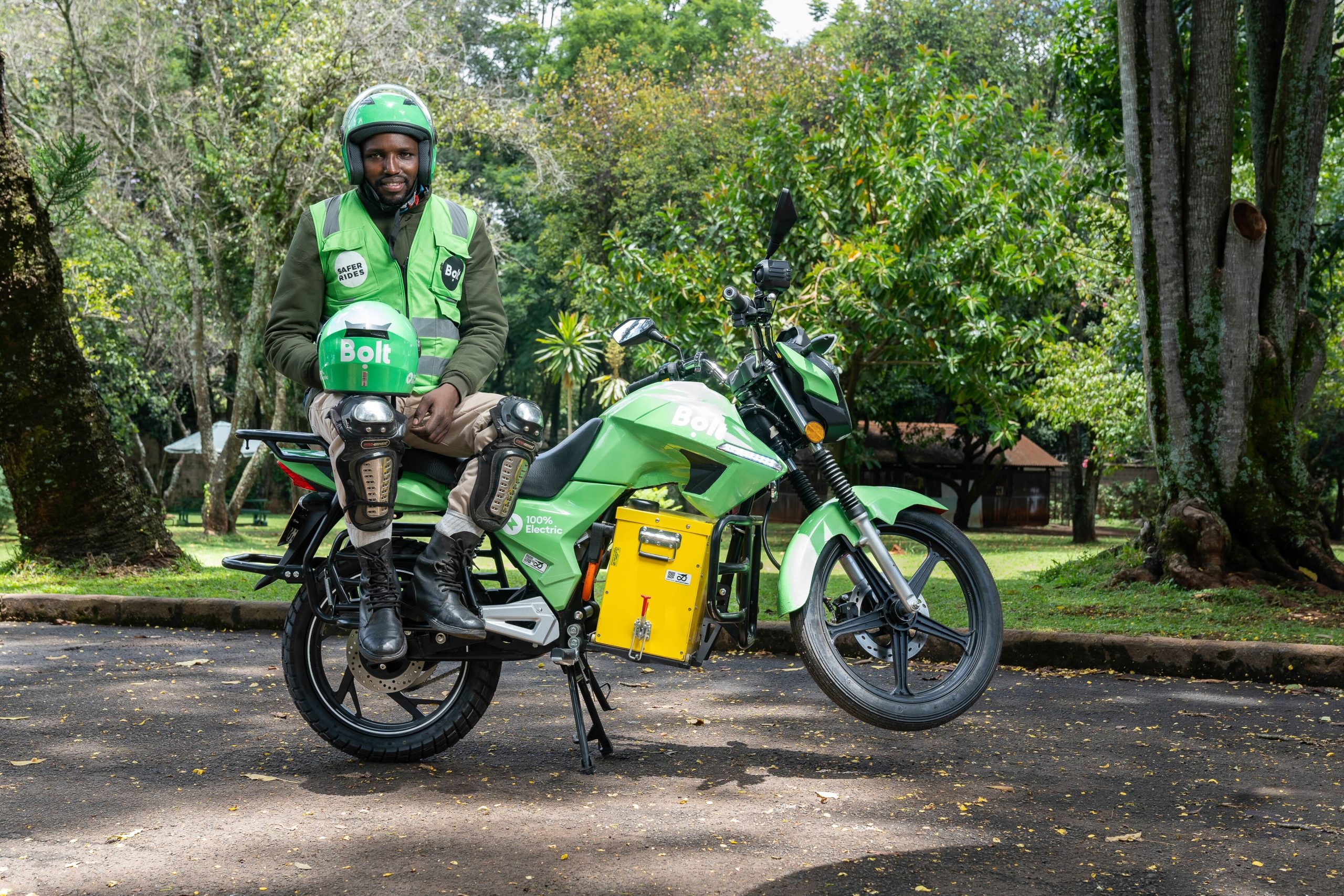As motorcycles continue to
be the backbone of transport systems in many East African countries, serving as
taxis, delivery vehicles and personal transport, a shift towards battery
powered, electric bikes and tricycles remains a huge anticipation for locals in
the cities of Tanzania.
In recent months, Bolt Tanzania partnered
with Green Wheels Tanzania to
pioneer the integration of electric
motorcycles (EV bikes) into the country’s ride-hailing sector, marking a
major shift towards sustainable mobility.
This initiative is designed to encourage
sustainability and create an
additional ride option that resonates with the city’s international community
and tourists. More importantly, this initiative
reduces costs for drivers and increases their earnings. With rising
fuel prices, EV bikes provide a
cost-effective alternative, significantly lowering daily operational
expenses for ride-hailing drivers. This means higher earnings and improved
financial stability for thousands of riders.
For other businesses, the adoption of
electric transport aligns with their corporate sustainability goals. As the
leading ride-hailing company in the country, Bolt sees itself setting a
precedent for competitors and endorsing the culture of EV mobility, which is
already thriving in the western world.
Beyond economic benefits, Green Wheels Tanzania guarantees that
this shift contributes to Tanzania’s
environmental sustainability goals. “Our Electric Motorcycles reduce around
8.3KG of local CO2e pollution per 100km compared to the petrol bikes. The 1.4
million registered petrol motorcycles in the country emit substantial amounts
of particulate matter and black carbon, making them a leading contributor to
air pollution. Two-stroke scooters are especially harmful, emitting more
particle emissions than cars”, according to the company’s website
greenwheels.tz.
Speaking on the partnership, Dimmy Kanyankole, General Manager for Bolt
Tanzania and Kenya, stated: “This
collaboration represents a bold step towards changing the experience of
ride-hailing. By introducing EV bikes in Arusha, we are making transport more
cost-efficient for drivers and comfortable.”
While the public continues to adapt
electric mobility into their day-to-day lives, Tanzania continues to face
challenges that slow down the opportunity of EV vehicles to thrive throughout
the country. According to the E-mobility Alliance Report of 2024, challenges
include high import taxes, unclear
registration processes, and limited financing options to grow and maintain EV
vehicles. Despite these, Tanzania remains among the top African countries
with 5000 electric vehicles operating in the country.






